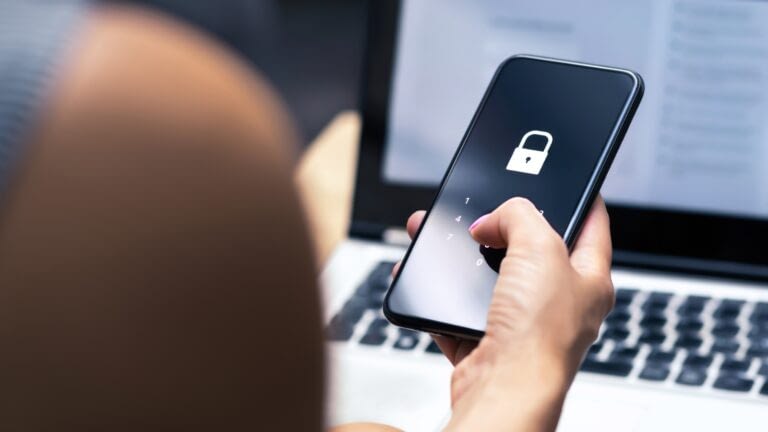3 Steps to Prevent Medical Identity Theft

Identity theft is a pervasive issue, and while most people are aware of financial identity theft, another type of identity theft often flies under the radar—medical identity theft. This fraudulent act involves the misuse of someone’s personal information, such as their name, insurance details, or Social Security number, to obtain medical services, prescriptions, or other healthcare-related benefits. During Fraud Awareness Week, it’s essential to shed light on the prevalence of medical identity theft and outline steps to prevent it.
The Prevalence of Medical Identity Theft
Medical identity theft is more common than you might think. According to the Medical Identity Fraud Alliance (MIFA), nearly 2.5 million Americans have experienced medical identity theft, costing them approximately $41 billion annually. The consequences of medical identity theft extend beyond financial losses; victims can also face serious health risks if their medical records become corrupted with false information.
Steps to Protect Against Medical Identity Theft
1. Guard Your Personal Information.
The first line of defense against medical identity theft is safeguarding your personal information. Here’s how:
Protect Your Social Security Number (SSN): Your SSN is a prime target for identity thieves. Only share it when absolutely necessary and verify the legitimacy of the requestor. Ask if an alternative identifier can be used.
Secure Physical Documents: Keep important documents like your health insurance card, driver’s license, and Social Security card in a secure place. Shred any papers containing personal information before discarding them.
Use Strong Passwords: Create complex, unique passwords for your online accounts, especially those related to healthcare or insurance. Enable two-factor authentication whenever possible.
2. Monitor Your Medical Records.
Regularly reviewing your medical records is essential for spotting discrepancies or unusual activity. Here’s how to do it:
Request Your Medical Records: Federal law grants you the right to access your medical records. Request them from your healthcare providers and review them for accuracy.
Review Explanation of Benefits (EOB) Statements: Carefully examine EOB statements from your insurance company. Ensure that the services listed match your actual healthcare utilization.
Watch for “Phantom” Bills: Be vigilant for bills or statements for services you didn’t receive. If you spot any, contact your healthcare provider immediately to dispute them.
3. Be Skeptical of Unsolicited Offers.
Beware of unsolicited offers or communications related to healthcare services or insurance. Here’s what to look out for:
Cold Calls or Emails: Don’t provide personal or insurance information in response to unsolicited calls or emails, even if the caller claims to be from a legitimate healthcare provider or insurance company. Instead, call the organization directly using contact information from their official website or your insurance card.
Research Healthcare Providers: Before choosing a healthcare provider or clinic, research their reputation and legitimacy. Verify their credentials and check for any disciplinary actions.
Keep an Eye on Your Mail: Thieves may attempt to redirect your mail to gain access to sensitive medical information. If you suddenly stop receiving important healthcare documents or statements, investigate the issue immediately.
Medical identity theft can pose significant risks, including financial losses and compromised healthcare. It’s crucial to take proactive measures to safeguard your personal information, such as monitoring your medical records and bills regularly. Our team is here to assist you in securing your identity and providing peace of mind. During Fraud Awareness Week, stay vigilant and explore our health insurance products that offer added protection and security for your well-being. Remember, awareness and vigilance are your strongest defenses against identity theft.







